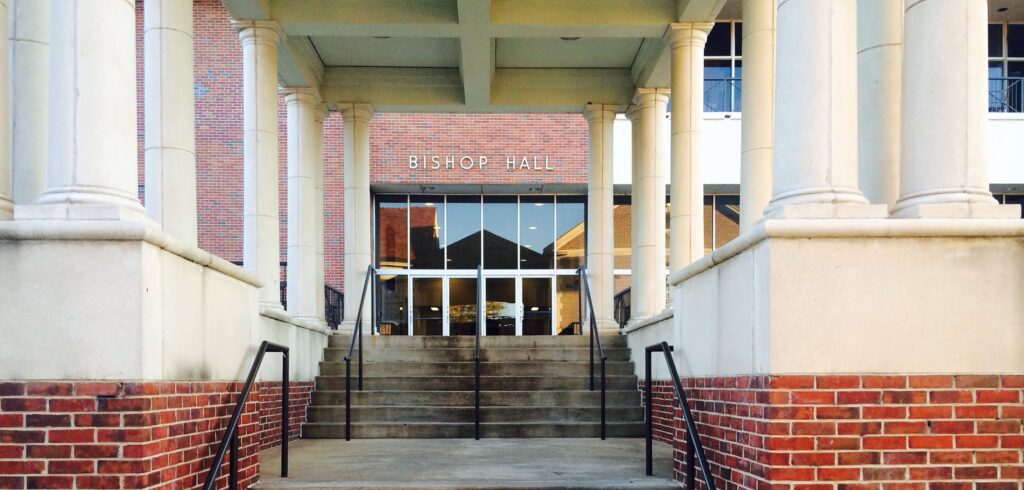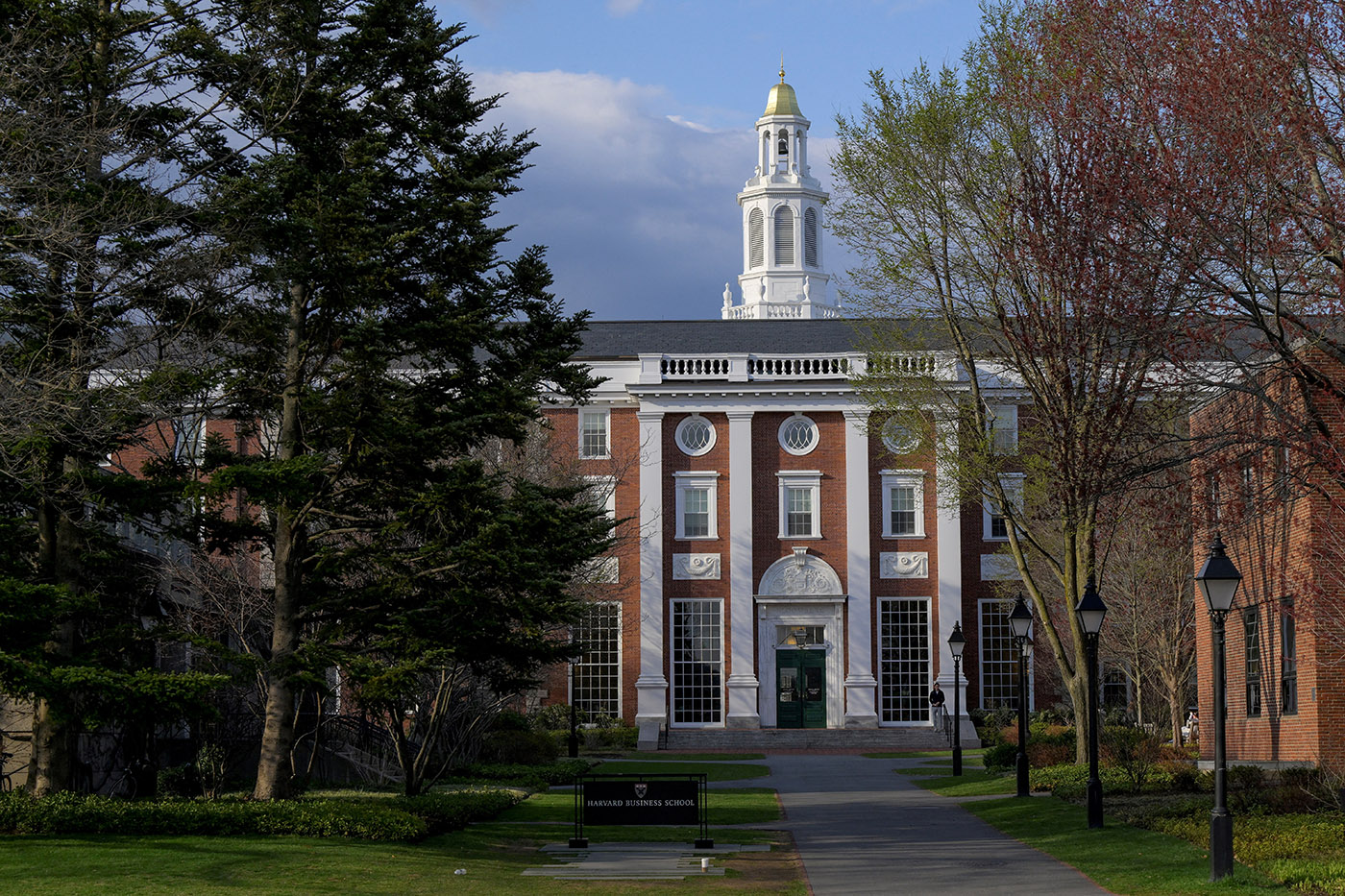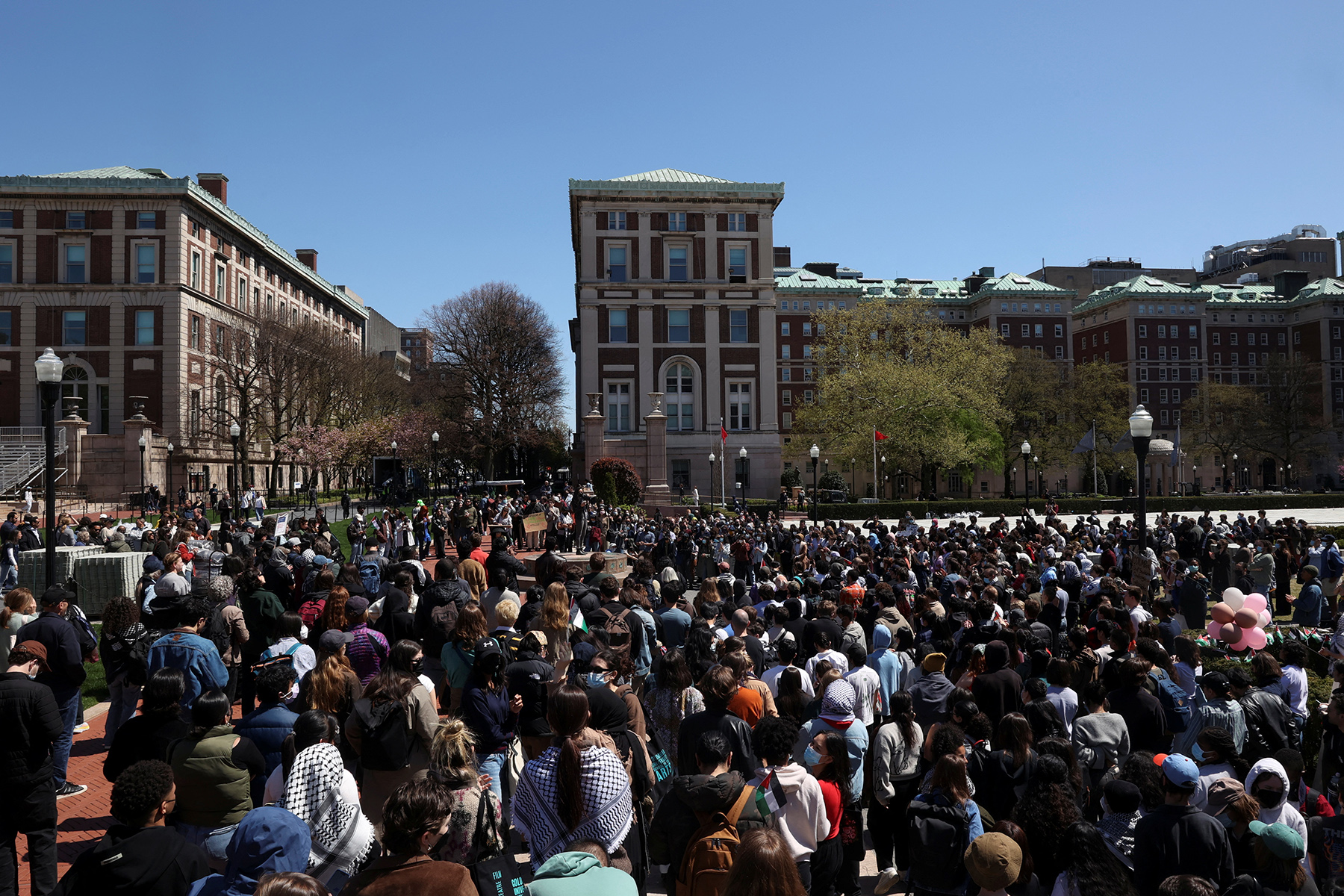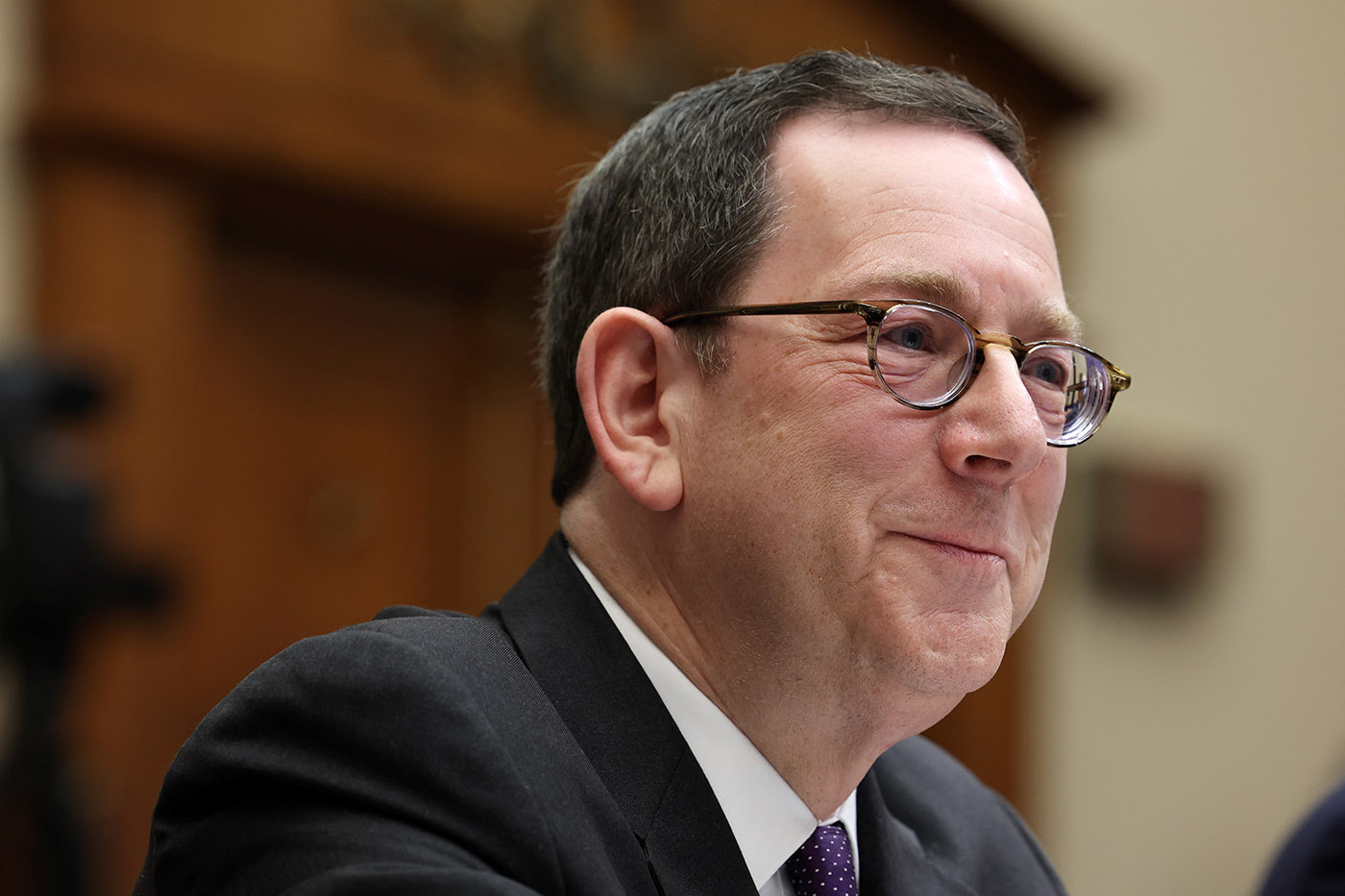More than a thousand professors and graduate students have pledged not to speak at the University of Mississippi (Ole Miss) until the administration provides a “full and transparent” account of the events that led to the firing of a well-regarded history professor.
Garrett Felber was in his fourth year teaching history at Ole Miss when he received a letter on December 10th from the History Department Chair Noell Wilson informing him that she had recommended that he be removed from his position. In her letter, Wilson did not directly state the reason behind her decision, but complained generally about the difficulties she had communicating with him. Portions of the letter were published in an article in the Mississippi Free Press.
“Your repeated refusal to talk with me makes it impossible for me to maintain a productive working relationship with you or supervise your faculty responsibilities,” Wilson wrote to Felber.
While a university spokesperson told Inside Higher Ed that the school was within its rights to fire Felber, he and his supporters think the termination was politically motivated. During his time at Ole Miss, the history professor was known for pushing the university to take a more active role in addressing social injustices.
In October, Wilson rejected a $42,000 grant that he had secured to study mass incarceration and immigration detention. Felber criticized Wilson’s decision on social media, tweeting, “My chair closed the call by suggesting that I start a nonprofit. I research, I write, I mentor, I teach, I do service. I also create and run programs that serve the communities the university violently subjugates through all its *political* work. White supremacist political work.”
In a letter to his department colleagues, Felber criticized Wilson’s decision to fire him without first consulting with other faculty members.
“I gather that Dr. Wilson’s decision to recommend my termination was taken unilaterally, without consulting tenured faculty, or perhaps any other faculty at all,” he wrote. “Whether this is an appropriate exercise of power by a department chair is certainly worthy of department discussion.”
Groups like the American Association of University Professors have long encouraged universities to consult other faculty members before choosing to dismiss a professor, especially in situations where there is concern that a professor is being targeted for political reasons. Anan administrator’s decision to keep faculty members in the dark about the reasons behind a professor’s dismissal can create a chilling atmosphere.
On December 17th, James Cromwell, an associate professor of history at Ole Miss, took to Twitter to express his frustration about Felber’s dismissal.
“I want to emphasize one thing VERY CLEARLY. This does not represent the will of my department. We heard NOTHING through official channels about his firing. We have been rebuffed in attempts to get a meeting/answers. We are in the dark. We are devastated,” Cromwell tweeted.
Jonathan Friedman, director of PEN America’s Campus Free Speech program, said in an official statement that the “onus” was on the university to explain how the decision was not politically motivated.
“That Felber was so celebrated by the university and praised by the chair not long ago creates an added burden to show that the grounds for disciplinary action were solid, and raises fair scrutiny of how this decision was reached,” Friedman stated.
Mississippi Free PressInside Higher Ed
Tags




